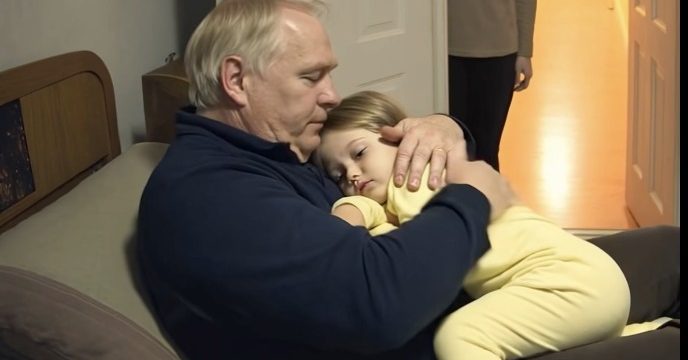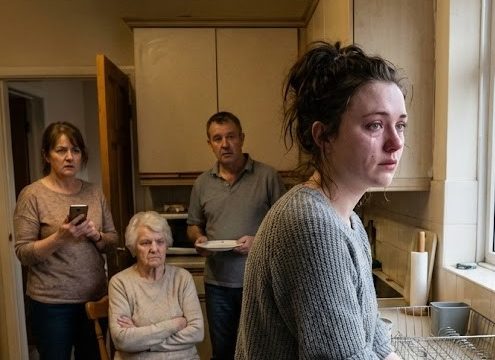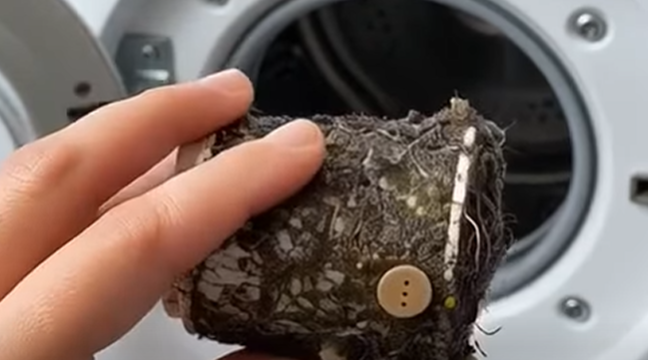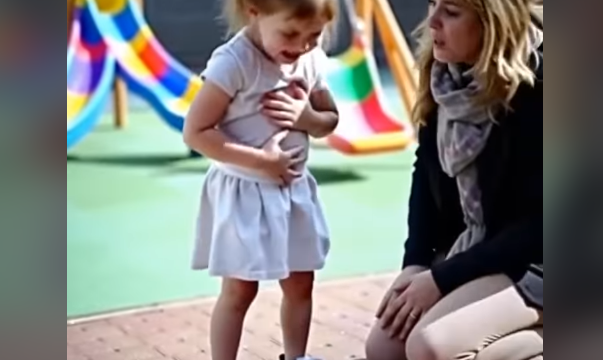During my years as a flight attendant, I encountered every kind of passenger imaginable. From the overly chatty seatmate to the nervous first-time flyer, I had seen it all. But one passenger remains etched in my memory—a woman whose life I saved mid-flight. What I didn’t know then was how she would change my life two years later in the most unexpected way.
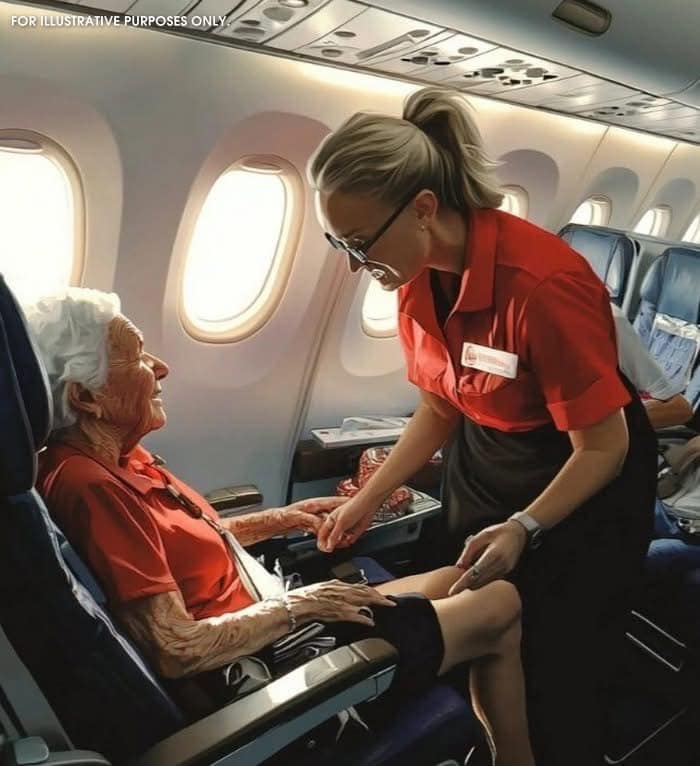
At 26, my life wasn’t what I had imagined. I was living in a tiny basement apartment that cost $600 a month—a space where my kitchen counter doubled as my desk, my dining table, and sometimes even my couch. My twin bed sat in the corner, the metal frame peeking through worn linens. Bills were stacked on a folding table, each one a reminder of the weight I carried on my shoulders.
I often found myself lingering over my phone, hovering over my mom’s contact, before remembering—it had been six months since she passed. Six months of silence where her voice used to be.
But this story doesn’t start with grief. It starts with breathing—or, more accurately, the terrifying lack of it.
It happened on an ordinary business-class flight. I was walking through the aisle, performing my routine checks, when I heard a panicked voice.
“Miss! Please! Someone help her!”
I rushed forward and saw an older woman gripping her throat, her face flushed deep crimson, her wide eyes filled with terror.
“She’s choking!” someone else yelled.
I didn’t hesitate. Kneeling beside her seat, I asked, “Ma’am, can you breathe at all?”
She shook her head, her panic escalating. Wrapping my arms around her from behind, I positioned my fists just above her navel and pulled upward sharply. Once. Twice. On the third attempt, a chunk of chicken flew out and landed unceremoniously on a nearby newspaper.
The woman gasped for air, tears streaming down her cheeks. When our eyes met, she squeezed my hand tightly and whispered, “Thank you, sweetheart. I’ll never forget this. I’m Mrs. Peterson, and you just saved my life.”
Life went on after that flight. My mother’s cancer diagnosis turned my world upside down. I resigned from my job as a flight attendant to care for her full-time. We sold everything—my car, my grandfather’s old suburban home, even my mother’s cherished art collection.
“You don’t have to do this, Evie,” my mother said one evening, her frail hand resting on mine as I showed her my resignation letter.
“Mom, you took care of me every time I was sick, every broken bone, every tear. It’s my turn now.”
One of the last paintings we sold was her favorite—a delicate watercolor of me sitting by our kitchen window, drawing birds perched in a maple tree. The painting felt like a piece of our shared history, and watching it leave our home was like losing a part of her before she was even gone.
Three weeks later, I was sitting alone in a sterile hospital room, listening to the rhythmic beeping of machines until they stopped.
Christmas Eve came, and I sat in my dimly lit basement apartment, watching the headlights from passing cars cast fleeting shadows on the wall. I avoided friends and family; the well-meaning “How are you holding up?” questions felt like knives in my chest.
A sudden knock at my door startled me.
Peeking through the peephole, I saw a sharply dressed man holding an elegantly wrapped gift box.
“Miss Evie? I have a delivery for you,” he said politely.
I cracked open the door, the chain still in place. “A gift? For me?”
“There’s also an invitation. Everything will make sense soon.”
Inside the box was my mother’s painting. The watercolor of me, frozen in time at that kitchen window, sketching the two little birds. My hands trembled as I touched the familiar frame, my chest tightening with emotion.
“Wait!” I called after him. “Who sent this? Why is it back here?”
He smiled softly. “My boss would like to meet you. The car is waiting if you’d like to join us.”
Hesitating only briefly, I grabbed my coat and followed him to the waiting car.
We arrived at a grand home adorned with twinkling Christmas lights and festive wreaths in every window. Inside, sitting gracefully by a crackling fireplace, was Mrs. Peterson—the woman I had saved two years ago.
“I saw your mother’s artwork featured in an online auction,” she began, her voice steady but filled with emotion. “When I saw that painting of you, it stopped me in my tracks. Something about it reminded me so much of my daughter.”
Her eyes glistened as she continued. “I lost her to cancer last year. She was about your age. When I read that your mother had sold her art to pay for treatment, I knew I had to do something.”
I felt tears slipping down my cheeks as she touched the painting’s frame.
“No one should be alone on Christmas, Evie,” she said softly. “Stay. Spend it with me.”
That night, in Mrs. Peterson’s warm home, surrounded by glowing lights and the soft hum of holiday music, I felt something I hadn’t felt in months: hope.
While nothing could ever replace my mother’s absence, Mrs. Peterson reminded me that family doesn’t always come from blood—it can also come from kindness, from strangers turned friends, from lives that unexpectedly intertwine.
That Christmas, I realized that love can find us in the most surprising ways. And sometimes, saving someone’s life isn’t just about a single moment—it’s about the ripple effect of that moment, and how it can circle back to save you, too.

